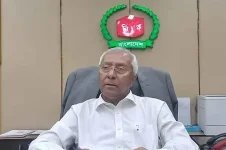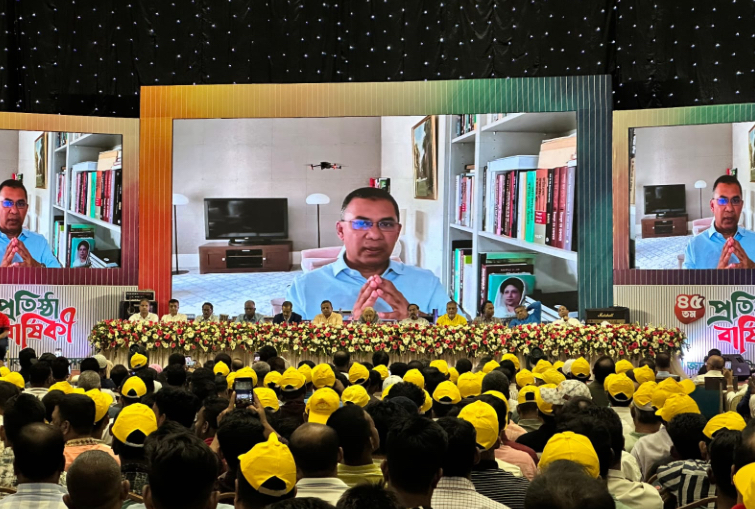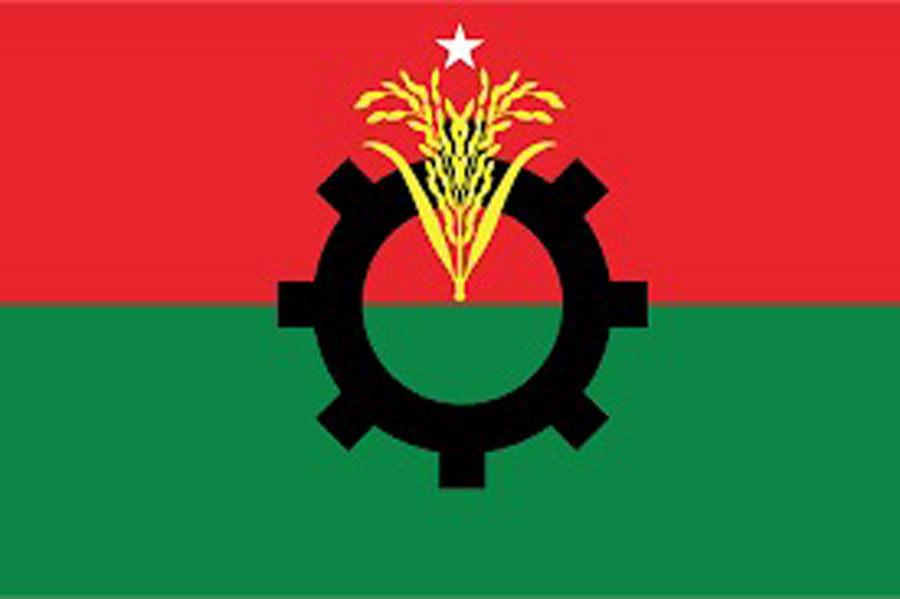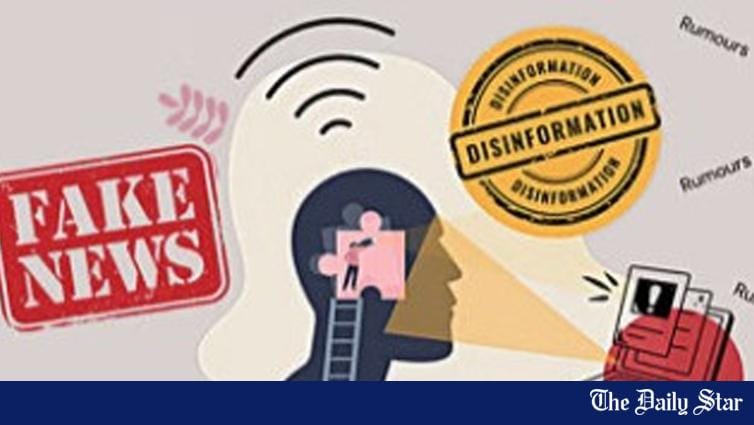Saif
Senior Member
- Joined
- Jan 24, 2024
- Messages
- 16,528
- Likes
- 8,140
- Nation

- Residence

- Axis Group


Election roadmap to be unveiled this week: EC secretary
Speaking to newspersons at the EC office in the capital’s Agargaon, he confirmed that a draft of the election roadmap has been prepared
Election roadmap to be unveiled this week: EC secretary
BSS Dhaka
Published: 18 Aug 2025, 19: 47

Senior secretary of the EC Akhtar Ahmed BSS file photo
Senior secretary of the Election Commission (EC) Akhtar Ahmed on Monday said the Election Commission (EC) will announce the action plan or roadmap of the upcoming 13th national parliamentary election within this week.
Speaking to newspersons at the EC office in the capital’s Agargaon, he confirmed that a draft of the election roadmap has been prepared and will soon be placed before the commission for final approval.
"The plan focuses on inter-departmental coordination and relevant operational issues. We hope to finalise and publish it within the week," he stated.
Addressing concerns over law and order, Ahmed said there is no immediate reason for worry as law enforcement agencies and administrative officials are already working in their respective areas.
"If everyone does their part responsibly, there won't be any problem," he added.
On voter list and NID updates, the secretary reported that around 80,000 appeals for NID corrections have been submitted so far, though the number is gradually declining.
He stressed ongoing improvements in the data entry process for reducing future errors.
Regarding the number of polling stations, Ahmed noted that the overall number will remain the same and some adjustments may be made based on necessity.
"We're exploring options like increasing the number of voters per booth from 500 to 600 for better efficiency," he said.
The EC also plans to scan and upload the unscanned Form-2 voter registration documents dating back to 2008 to enrich its digital database, he said.
On constituency delimitation, he informed that objections have been raised over 83 seats, with hearings scheduled from 24 August for four days, he added.
In terms of political party registration, 22 parties are undergoing field verification, he continued.
Rejected applicants are being formally notified with specific reasons for disqualification, he added.
Ahmed stressed the importance of early preparation saying if all concerned can finish their works early, then the coordination of the polling procedure will become smooth.
BSS Dhaka
Published: 18 Aug 2025, 19: 47
Senior secretary of the EC Akhtar Ahmed BSS file photo
Senior secretary of the Election Commission (EC) Akhtar Ahmed on Monday said the Election Commission (EC) will announce the action plan or roadmap of the upcoming 13th national parliamentary election within this week.
Speaking to newspersons at the EC office in the capital’s Agargaon, he confirmed that a draft of the election roadmap has been prepared and will soon be placed before the commission for final approval.
"The plan focuses on inter-departmental coordination and relevant operational issues. We hope to finalise and publish it within the week," he stated.
Addressing concerns over law and order, Ahmed said there is no immediate reason for worry as law enforcement agencies and administrative officials are already working in their respective areas.
"If everyone does their part responsibly, there won't be any problem," he added.
On voter list and NID updates, the secretary reported that around 80,000 appeals for NID corrections have been submitted so far, though the number is gradually declining.
He stressed ongoing improvements in the data entry process for reducing future errors.
Regarding the number of polling stations, Ahmed noted that the overall number will remain the same and some adjustments may be made based on necessity.
"We're exploring options like increasing the number of voters per booth from 500 to 600 for better efficiency," he said.
The EC also plans to scan and upload the unscanned Form-2 voter registration documents dating back to 2008 to enrich its digital database, he said.
On constituency delimitation, he informed that objections have been raised over 83 seats, with hearings scheduled from 24 August for four days, he added.
In terms of political party registration, 22 parties are undergoing field verification, he continued.
Rejected applicants are being formally notified with specific reasons for disqualification, he added.
Ahmed stressed the importance of early preparation saying if all concerned can finish their works early, then the coordination of the polling procedure will become smooth.






































